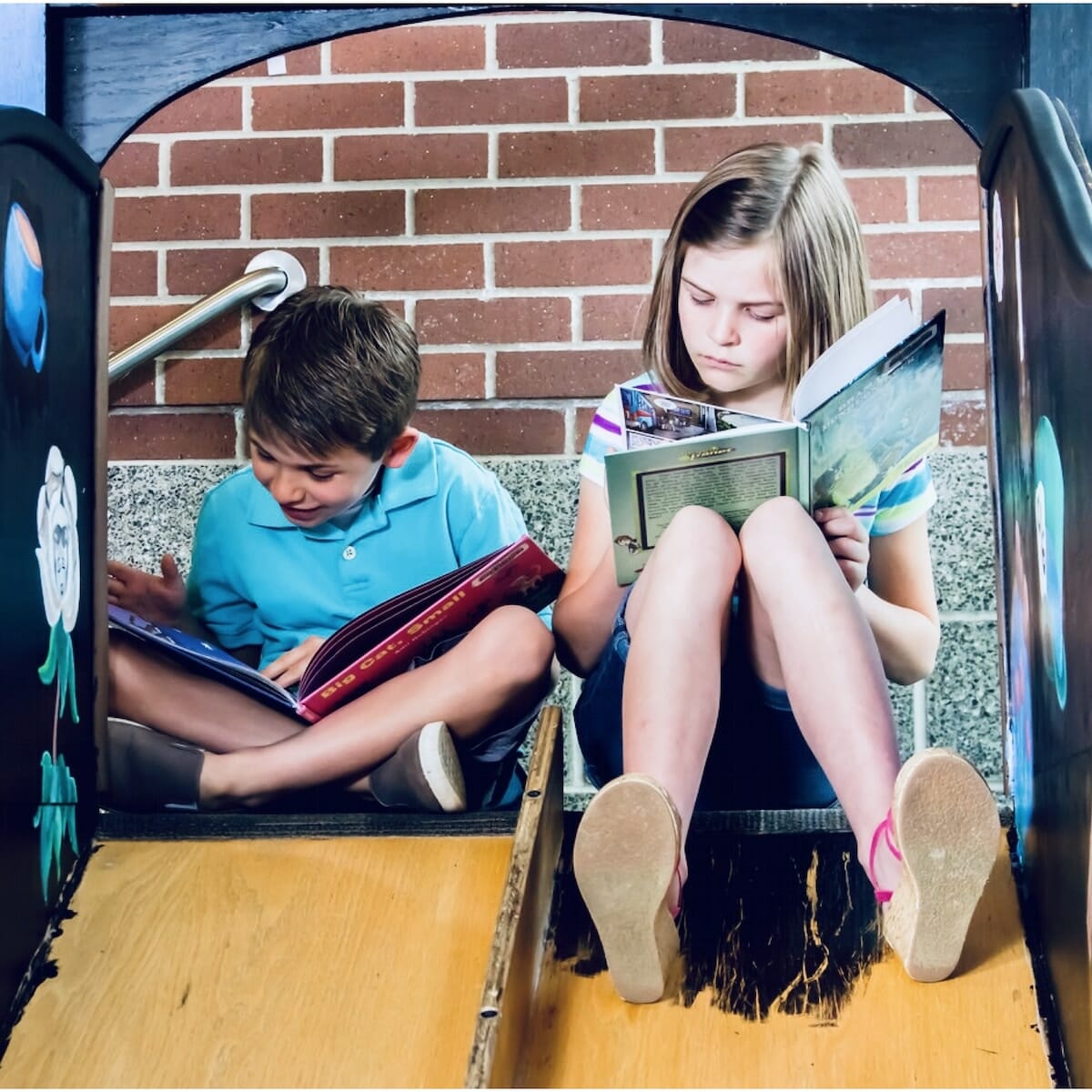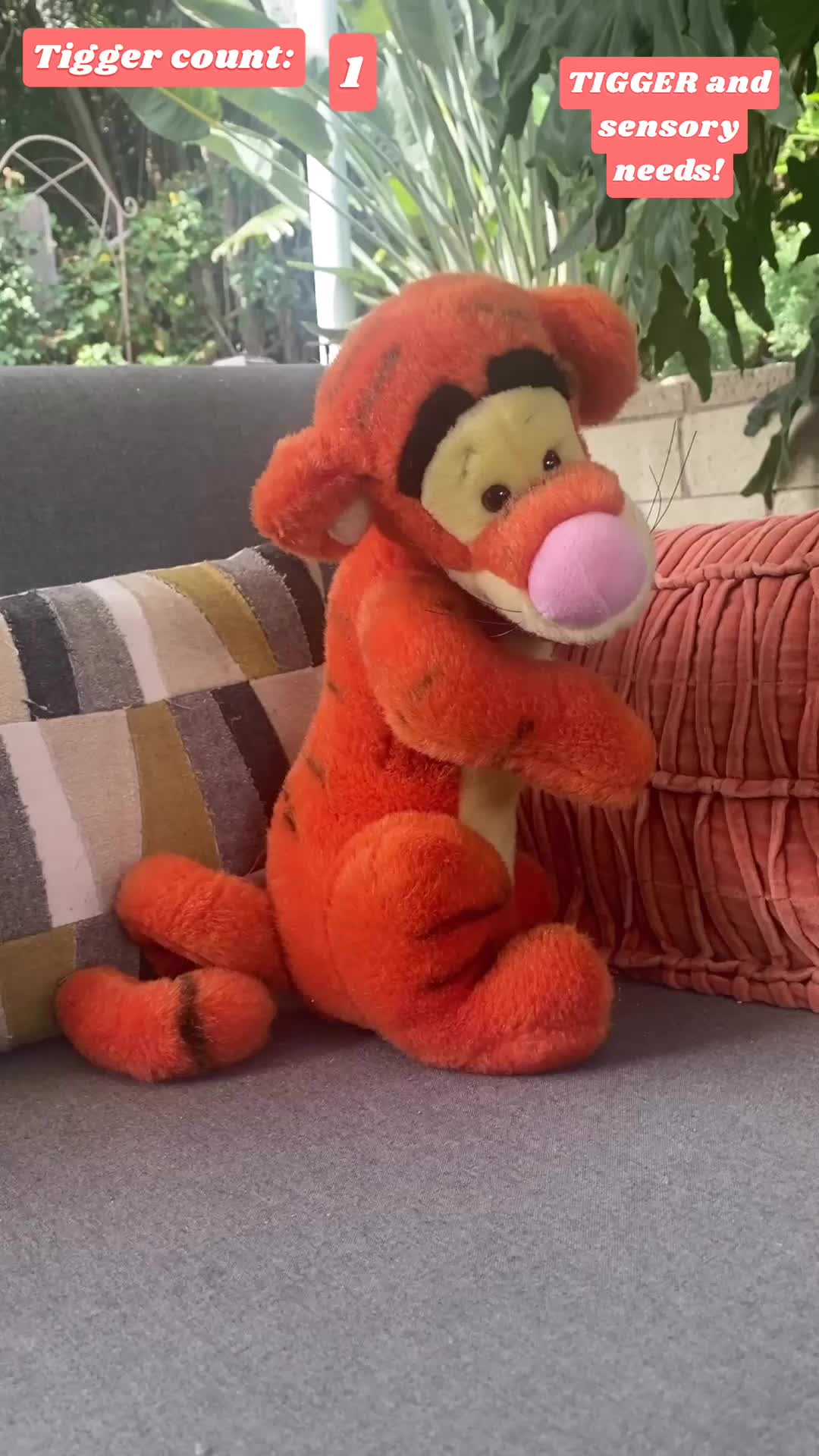In school, when teachers ask questions, many kids might know the answer, but are too shy or nervous or unsure of themselves to raise their hands, get the correct answer and begin the positive feedback loop for confidence by receiving affirmation from themselves and their community. On curaJOY’s website, we discuss how children develop confidence. You can find the article here.
Fear of failure is the enemy of confidence building because it stops children from overcoming obstacles and aiming for the edge of their comfort zone to grow. When I recorded a voice memo to remind myself of this blog topic in the car, my daughters in the backseat overheard, and asked “are you telling people to try to fail?” The answer, of course, is no. We want to allow for failure when it does happen so that we have what it takes to always try our best.
In karate, one of the first things you learn is not kicks or punches, but how to fall safely. I remember my teacher asking to repeatedly fall and tumble. When you know how to fall safely, you’re less afraid of falling and you don’t get seriously hurt from the fall. When you are able to fail safely, you’re can get back up and try, try and try again until you get to your goal.
Of course, falling/failing hurts. Social rejection hurts whether you’re 4 or 40 years old, but the consequences of failures are much smaller when you’re younger–you can afford to fall. When we learn to fail early, we get the chance to practice our resilience. We have more opportunities to not wallow in self-pity and come back stronger than before.
[wpdiscuz-feedback id=”1js0chbpon” question=”Do you have your own tips?” opened=”0″]What can you do as a parent to allow your children the chance to fail?[/wpdiscuz-feedback]
1. Resist the temptation to prevent discomfort.
Allow natural consequences to happen. Many parents create a bubble for their children–pre-selected friends made for them via parent networking, tutoring to make sure they never get below a A and apologies and reconciliation when they’ve “accidentally” punched another kid on the playground. Let your child do the hard work. Their self-esteem only grows when they know they’ve done something that’s truly difficult and they have a little more faith in themselves.
2. Let children know that it’s ok to fail
Don’t just tell them that it’s ok, but show them through your consistent action that it’s ok to fail. Appreciate and reward true effort. When they fail, that your chance to encourage them to problem-solve themselves or with you. Acknowledge the failure and how they feel about it, and then move on to what to do differently next time to avoid the problem. As a parent, you can go the extra mile by making sure they don’t quit, work towards a comeback, and start feeding the positive feedback loop of confidence.
3. Challenge kids to stretch their limit
Muscles actually have to be worked till they have tiny little breaks in order to grow. People are the same. It’s natural for children to want to stay in their comfort zone, so parents have to find that sweet spot between ease and discomfort. One aspect of StrengthBuilder games that I really like is that the games intentionally challenge kids in order for them to practice their response to setbacks.





Leave a Reply